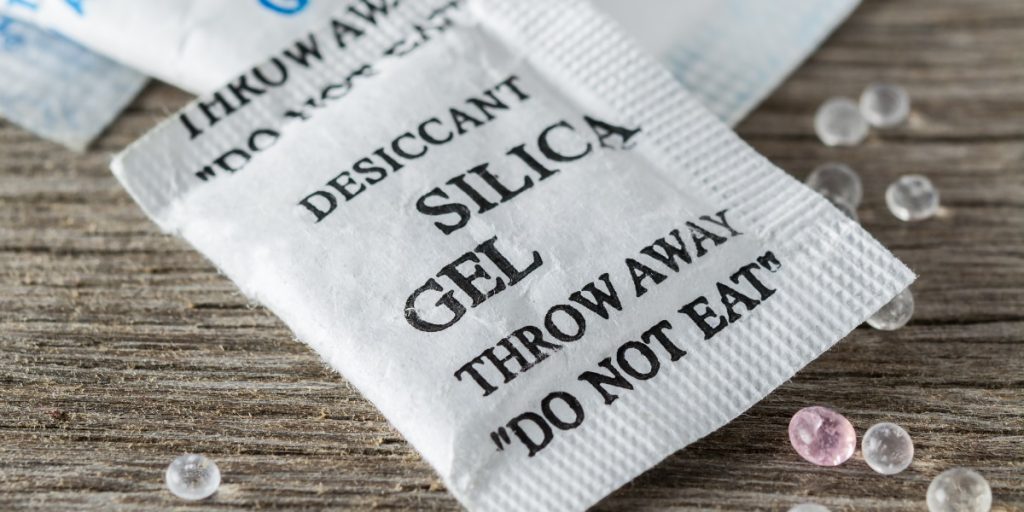How Desiccants Help Maintain the Integrity of Moisture-Sensitive Products
Desiccants play a crucial role in maintaining the integrity of moisture-sensitive products by controlling the moisture levels within packaging. Moisture can adversely affect many products, leading to deterioration, spoilage, and loss of efficacy. This is especially critical for pharmaceuticals, electronics, food products, and other items where maintaining specific conditions is essential.
Understanding Desiccants
Desiccants are materials that absorb or adsorb moisture from their surroundings. They come in various forms, including silica gel, activated clay, molecular sieves, and calcium oxide. Each type of desiccant has unique properties and is chosen based on the specific needs of the product it is protecting.
Mechanism of Action
The primary function of a desiccant is to reduce the relative humidity within a sealed environment. By doing so, desiccants prevent the accumulation of moisture that could potentially harm the product. When a desiccant absorbs moisture, it lowers the relative humidity inside the package, creating a dry atmosphere that inhibits the growth of mold, mildew, and bacteria. Additionally, it prevents chemical reactions that might be triggered by the presence of water, such as corrosion in electronics or degradation of pharmaceuticals and what is a desiccant.
Types of Desiccants
Silica Gel – One of the most commonly used desiccants, silica gel, is a porous form of silicon dioxide. It is highly effective at absorbing moisture and is often used in small packets found in product packaging. Silica gel can absorb up to 40% of its weight in moisture and is ideal for applications where a high moisture absorption rate is needed.

Activated Clay – Activated clay, also known as montmorillonite, is another effective desiccant. It is composed of natural clays that have been treated to enhance their moisture-absorbing properties. Activated clay is typically used in bulk applications and is less expensive than silica gel, though it generally has a lower moisture absorption capacity.
Molecular Sieves – These are synthetic zeolites with a uniform pore size that can selectively adsorb molecules based on size. Molecular sieves are highly efficient at removing moisture and can be tailored for specific applications. They are often used in situations requiring very low humidity levels.
Calcium Oxide – Also known as quicklime, calcium oxide is a strong desiccant that reacts with moisture to form calcium hydroxide. This type of desiccant is typically used in industrial applications where rapid moisture removal is required.
Applications
Desiccants are widely used across various industries. In the pharmaceutical industry, they ensure the stability and shelf life of medications by preventing moisture-related degradation. In the electronics industry, desiccants protect sensitive components from corrosion and malfunction. Food packaging often employs desiccants to prevent spoilage and maintain freshness. Additionally, desiccants are used in the storage and transportation of goods, particularly in environments where temperature and humidity control is challenging.
Jalon desiccants are essential for preserving the integrity of moisture-sensitive products. By effectively controlling the humidity within packaging, they prevent moisture-related damage, ensuring that products remain in optimal condition throughout their lifecycle. The choice of desiccant depends on the specific requirements of the product and the desired level of moisture control.

 Once you have a list of potential attorneys, schedule consultations to discuss your case. During these meetings, assess not only their legal knowledge but also their ability to empathize with your unique circumstances. A good attorney should listen actively, ask pertinent questions, and provide a clear strategy for addressing your issues. Evaluate their communication skills, as effective communication is crucial for navigating the complexities of a divorce case. Inquire about the attorney’s experience with similar family situations. For example, if your case involves high-net-worth divorce, look for an attorney who specializes in asset division and financial matters. If child custody is a primary concern, seek someone with a strong background in family law and experience handling custody disputes. Their track record in these areas will give you confidence in their ability to advocate for your interests.
Once you have a list of potential attorneys, schedule consultations to discuss your case. During these meetings, assess not only their legal knowledge but also their ability to empathize with your unique circumstances. A good attorney should listen actively, ask pertinent questions, and provide a clear strategy for addressing your issues. Evaluate their communication skills, as effective communication is crucial for navigating the complexities of a divorce case. Inquire about the attorney’s experience with similar family situations. For example, if your case involves high-net-worth divorce, look for an attorney who specializes in asset division and financial matters. If child custody is a primary concern, seek someone with a strong background in family law and experience handling custody disputes. Their track record in these areas will give you confidence in their ability to advocate for your interests.


